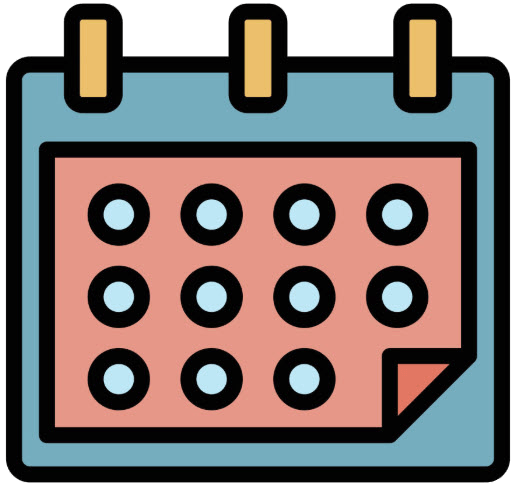
Down Payment Assistance (DPA) Loans
Buying a home is a major milestone — but saving for the down payment can often feel like the biggest obstacle, especially for self-employed borrowers, freelancers, and first-time buyers. That’s where Down Payment Assistance (DPA) programs come in. These programs are designed to help qualified buyers cover part (or all) of their down payment or closing costs, making homeownership more accessible without waiting years to save.

What Are Down Payment Assistance Loans?
Down Payment Assistance (DPA) is financial help that can take different forms:
Forgivable loans – Funds that don’t have to be repaid if you stay in the home for a set period (often 5–10 years).
Deferred-payment loans – No payments are due until you sell, refinance, or pay off your mortgage.
Grants – Money that never has to be repaid. While attractive, grants can sometimes come with higher interest rates or fees, making them more expensive in the long run.
100% financing - A loan for 97% of the purchase price + a 2nd loan for 3%+.
Some DPA programs are offered by state or local housing agencies, but they come and go. We offer DPA loans that are not tied to local agency programs and are always available to qualified buyers.
Who Qualifies for DPA Programs?
Each program has its own eligibility rules, but common requirements include:
First-time homebuyers (or those who haven’t owned in 3+ years).
Income limits — often tied to area median income.
Credit score minimums — usually 620 or higher.
Owner-occupied property — investment homes don’t qualify.
Homebuyer education course — most programs require a brief online or in-person class to familiarize the first-time buyer with homeownership.
Self-employed buyers can qualify for DPA just like W-2 employees, as long as income is properly documented through tax returns or other accepted records.
Pros and Cons of DPA Loans
Benefits
Reduces or eliminates the upfront cash barrier.
Opens the door for buyers who have strong income but limited savings.
Can be combined with FHA, VA, USDA, or even some conventional loans.
Things to Consider
Some programs have resale or occupancy requirements.
Interest rates may be slightly higher compared to traditional loans.
Grants, while appealing, often add extra costs in the form of higher rates, fees or restrictive terms.
DPA and Self-Employed Borrowers
Self-employed buyers often face two challenges: documenting income and building large cash reserves while reinvesting in their business. DPA can ease the burden by reducing the upfront cash needed for a down payment.
Keep in mind, to qualify you will need to prove income tax returns showing business income or retirement income.
Other Options Beyone DPA
Even if you don’t qualify for (or don’t like the terms of) a down payment assistance program, there are other ways to reduce the upfront costs of buying:
FHA Loans — as little as 3.5% down.
Conventional 97 — 3% down for qualified first-time buyers.
VA Loans — 0% down for eligible veterans and service members.
USDA Loans — 0% down in designated rural areas.
Down Payment Assistance isn’t the right choice for everyone — especially when grants come with higher long-term costs. But for the right buyer, it can be the key to unlocking homeownership sooner than expected
Choosing the right loan program isn’t just about the lowest down payment — it’s about finding the best balance of affordability, flexibility, and long-term cost. Here’s a side-by-side look at how Down Payment Assistance stacks up against other popular low down payment loan options.
| Loan Program | Minimum Down Payment | Who It’s For | Key Notes |
|---|---|---|---|
| Down Payment Assistance (DPA) | Varies (covers the down payment and sometimes part of the closing costs) | First-time buyers, income-qualified borrowers | Comes as grants, forgivable loans, or 100% financing; may carry higher rates/fees |
| FHA Loan | 3.5% | Buyers with lower credit or limited savings | More flexible credit requirements; can combine with DPA |
| Conventional 97 | 3% | First-time or returning buyers (after 3 years) with income/credit qualifications | Lower mortgage insurance than FHA for strong-credit borrowers |
| VA Loan | 0% | Eligible veterans, active-duty, and surviving spouses | No PMI; often lower rates; funding fee may apply |
| USDA Loan | 0% | Buyers in eligible rural/suburban areas | Income limits apply; property must be in USDA-approved area |
Note: Program requirements, income limits, and costs vary by county. Always compare your options to see which loan type makes the most sense for your financial goals.

Explore Our Related Site
Business loans & working capital solutions
9100 Wilshire Blvd Ste 725E
Beverly Hills CA 90212
NMLS#263711
Fair Housing Lender

jeangallagher.com ©2025
